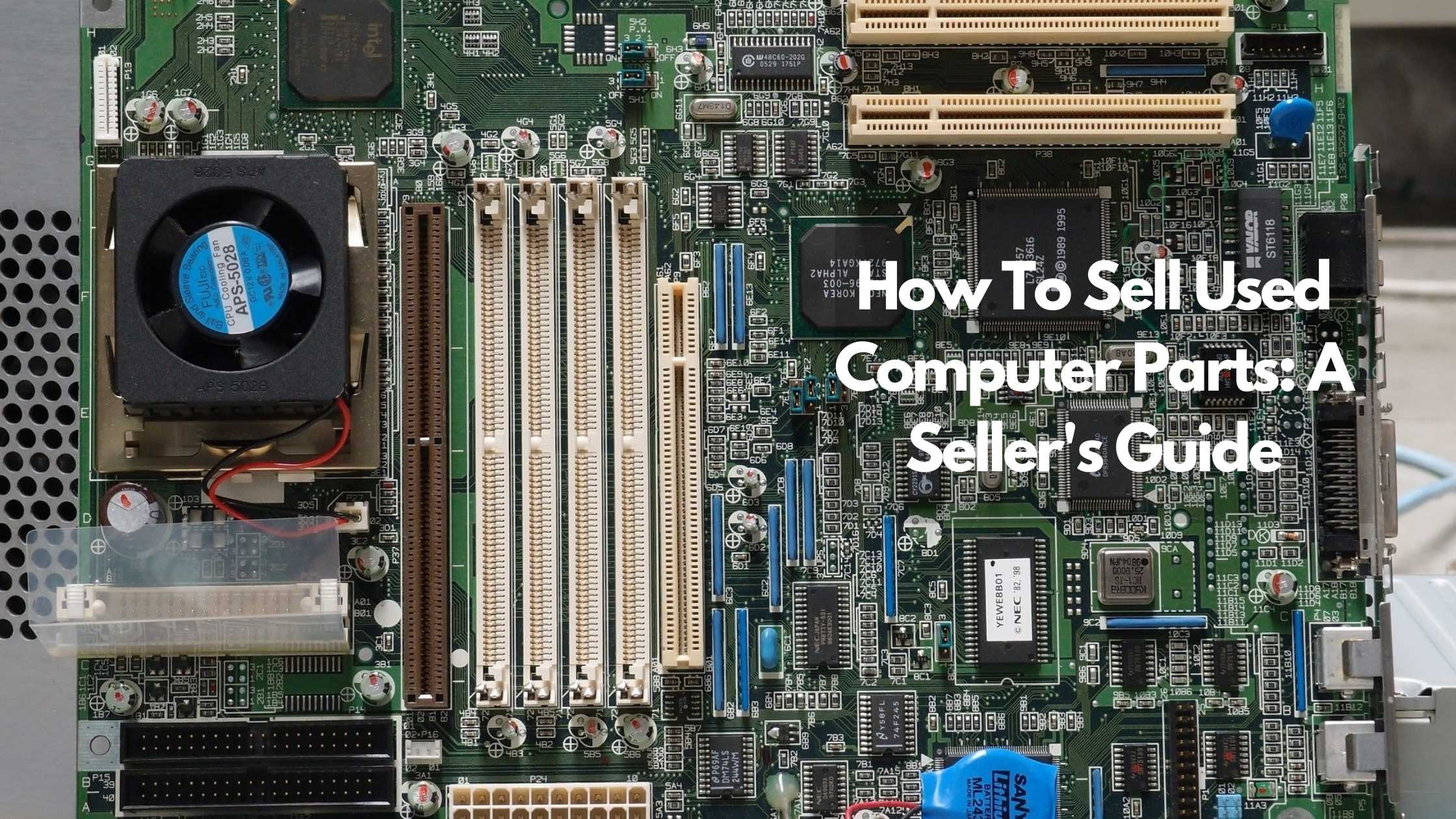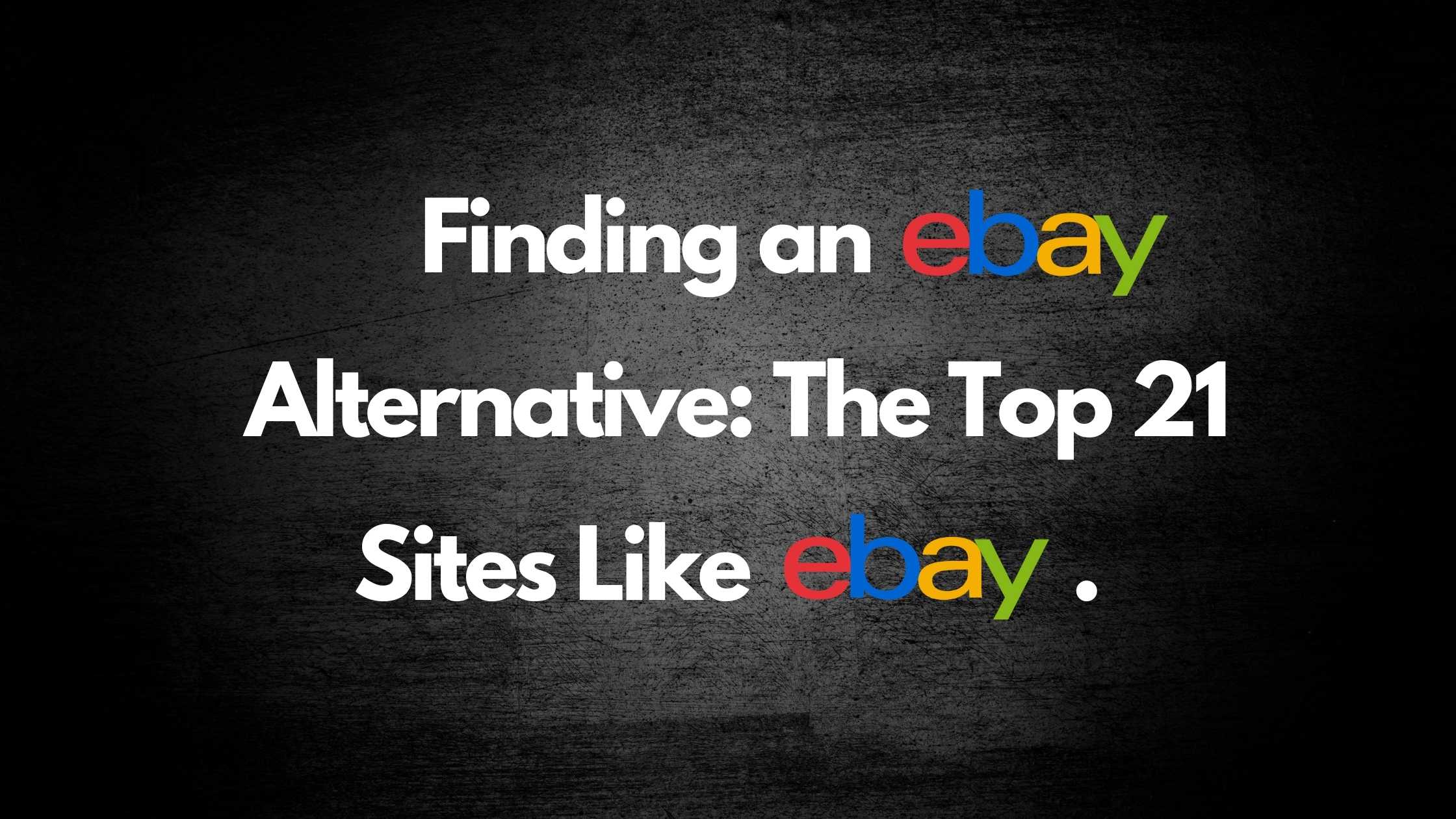
Buying a Used Nintendo Switch: Safety Tips
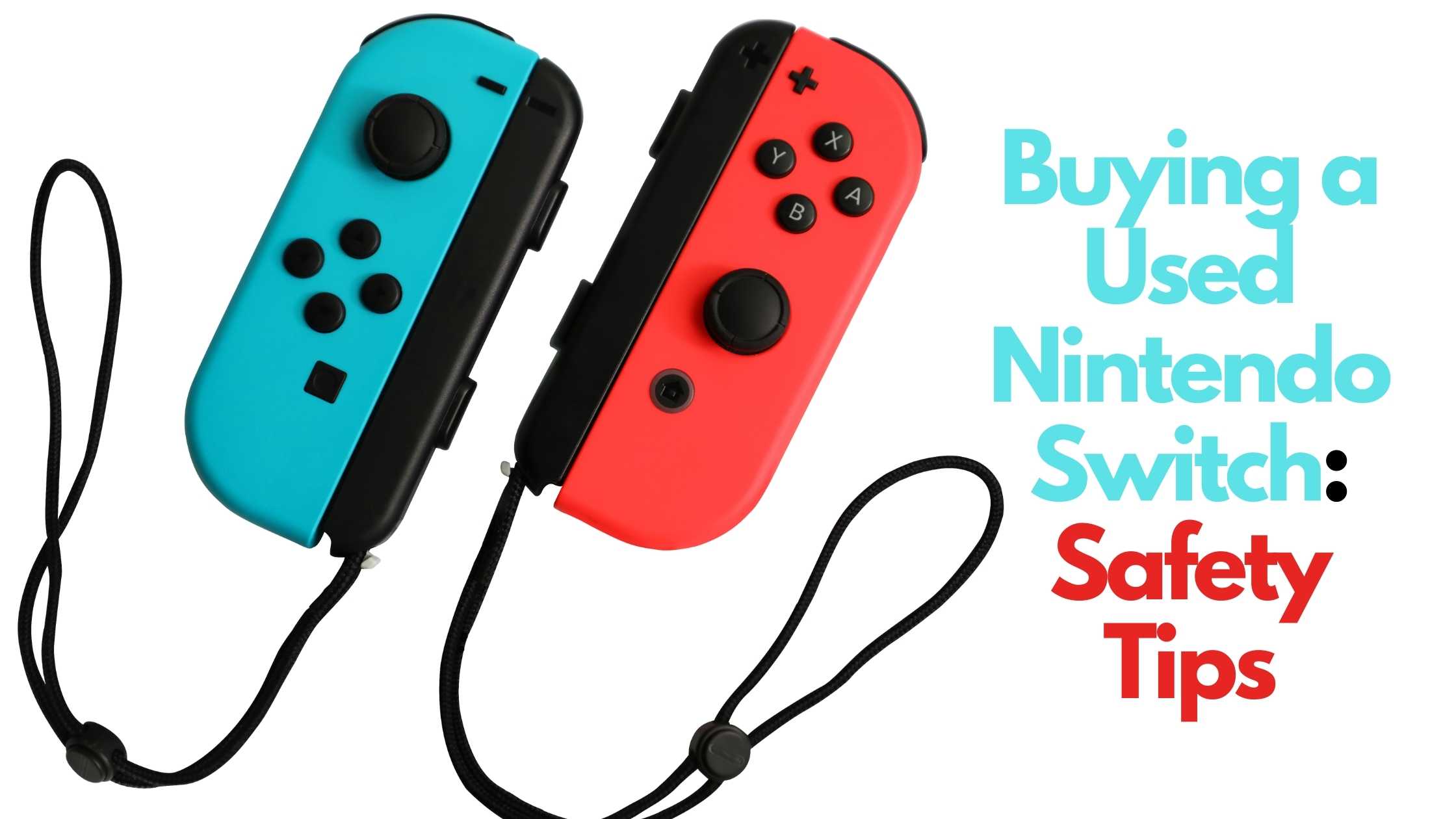
The thing about buying a used Nintendo Switch is that if you don’t know the seller, it’ll be that much harder to know whether they’re selling you a good one or not.
What’s more, you’ll need to know whether the unit is banned, stolen, or even exists! There are also other factors to consider, like the mode of payments, return policy, consumer protection, and much more.
This article presents all these details to guide you on the safest way to purchase a Nintendo Switch. Now, if you are interested in costs and considerations on buying a used Nintendo Switch click here.
Is it safe to buy a used nintendo switch?
Yes, it’s safe, as long as the seller is trustworthy and committed to protecting you as the consumer. This means that they’ll walk you through the entire transaction. Even after the purchase, should you have any problems arise and as long as it’s reasonable and within the agreed terms. To ease the process, seek an authorized reseller.
Safety considerations when buying a used Nintendo Switch
There are trustworthy, reliable people with the perfect Nintendo Switch looking for a buyer just like you, and that’s the dilemma. How can you find this seller?
To start your search for that trusted reseller, here’s what you need to do.
- Shop on reputable websites
If you’re shopping online, don’t go to sites that don’t have a record of upholding consumer rights and that don’t have safety systems in place to protect your information. Other independent sites probably have better deals, but at what cost? Safety is your driving factor here.
A safe, secure site has the https:// URL, where the ‘S’ stands for secure. There’s also a padlock to the left of the URL, which essentially tells you who owns the site.
To be sure, scrutinize the site certificate before proceeding. Fraudsters also use pharming websites to redirect traffic from legit sites. For instance, instead of www.sheepbuy.com, the legit URL, a fraudster may use www.sheepbuy.co, a fraudulently created site. Of course, this is just an example and www.sheepbuy.co does not exist, but you get the picture.
Be privy to these subtle nuances by rechecking everything and taking time to make assessments.
- Research
As you browse these sites, you’ll narrow down to those that have the broadest appeal to you. The price guides and price descriptions will give you an idea of what to expect.
Simultaneously, you’ll be checking out the Nintendo Switch sellers. Out of these sellers, you’ll narrow down to the ones that interest you. The rule of thumb is to engage with safe and authorized resellers online and the independent ones offline.
Only pick sellers with functional physical addresses and phone numbers.
- Screen potential sellers
Once you narrow down on the sellers that interest you and seem legit, it’s time to switch gears and critically scrutinize them.
How? Check out the reviews, feedback on their listings as well as their responses to them. Check for reports of scams or complaints. If you find this to be excessive with no amicable solutions, then don’t proceed.
If you’re dealing with an offline seller, ask for several references or get a screening company to run a background check on them. Besides losing money, there’s nothing as terrible as handling stolen items. That’s a serious felony that could put a dent on your impeccable reputation.
You can even go further and check out the selected resellers’ reviews on Google and Yelp.
- Ask for documentation
After the screening, you’ll know who to proceed with. At this stage in the transaction, you want information about the purchased item.
Specifically, you’ll want to see high-resolution photos of the console, videos, the original receipt, and repair history, if any. If the seller acts dodgy and doesn’t fulfill any or some of your requests, don’t proceed further.
Test whether the unit is banned by accessing the Eshop. Once you log in to the Eshop, try and purchase a game. A banned device will issue an error code, and similarly, the Eshop won’t load.
Something else, ensure the purchase item matches with what’s in the original receipt by checking the serial number at the bottom of the console and packaging too.
- In-person meetings
If you’re going to meet an independent reseller, then do it at a neutral location with sufficient human traffic around. And no, this isn’t paranoia from watching too many movies. It’s about taking care of your safety.
Use this meeting to learn everything you can about the seller and the item. The advantage of a 1:1 meeting is that you’ll pick a lot from how they behave and react. Be wary of a seller who’s either selling too low or keeps wavering on price or other details. Don’t let them waste your time.
An extra precaution to take is to have someone accompany you, which will be an added advantage as you’ll compare notes on the seller’s authenticity.
- Transaction details
If you’re satisfied with the item, the documentation and convinced that the item is legit, work out transaction details with the seller on whether they have a return policy. If not, would they agree to one? More importantly, how are you protected within the transaction?
Sometimes, some issues that weren’t so obvious crop up later, or an item gets delivered when it’s broken or not in the condition you’d verified.
Also, if you have to return it, who’ll pay for the shipping? Get into it and exhaust all possible angles of what could go wrong. Once agreed, have it officially documented and plan the payment.
- Don’t share personal information
Be suspicious of any site that’s asking for your personal information. If you’re not comfortable, don’t proceed. In fact if they ask for your social security number or date of birth, abort the mission. You’re only required to fill in your name, email address, postal code, country, and payment details.
If you’re not comfortable sharing your work or home address, pick a convenient delivery point near you e.g. a shop, and indicate the same on the checkout form. Some sites go a step further to explain why they need some of your personal information.
- Mode of payment
Check whether they have their security credentials with SSL and PCI badges on display. These are added security guarantees that anyone who requires payment by credit or debit card should have. Credit cards are currently the safest, as they offer protection. Do check with your credit card company how they protect you from a fraudulent purchase before buying.
Another alternative if you’re not comfortable sharing personal information is third party payment solutions like PayPal. The site or seller should have several viable payment options. Never pay cash, send a check by mail or use money transfer services like Western Union.
Why? Because if you don’t leave a paper trail, how will you track the seller if something goes wrong.
I have been a victim of a Western Union scam. You send money, and you never see it again.
The best bet would be to use PayPal, as there is paper trail. If you need to ask for a refund from the credit card company or if PayPal protects your transaction, you now have proof. You can also ask the seller to ship your item using PayPal, and now there is proof that you paid and that the seller shipped the item.
- Keep records
Obtain all documentation related to the item, the original receipt plus the current one, which will ideally have the receipt, order number, product description, and price.
Retain every piece of communication between you and the seller. The emphasis here that should have been mentioned earlier is that all verbal discussions should be reiterated on email to ensure there’s a trail that can be referenced. Be wary of a seller that doesn’t commit to anything in writing, especially email correspondences.
Related questions
- How much is a used Nintendo Switch?
It depends on a reseller’s preferred price point. A used Nintendo Switch at greenbuyback is about $140 – $150, dependent on the condition and whether all or most of the parts are intact. A used one at Gamestop is about $269. At pawnshops, they sell around $200 -$230 depending on the demand, condition, and quality. Also, the price tends to be high if it comes with games and accessories.
- Should I buy a new or used Nintendo Switch in 2020?
A new Nintendo Switch goes for about $300. However, suppose you want to really enjoy the experience. In that case, cost for games go for $60 per game, storage $20 – $100, screen protectors $20, extra controllers $70 – $80, and carrying cases for about $20 each. Clearly, the complete unit costs more than the displayed price point.
So, if you can find a complete unit that’s gently used, with more games, a warranty, and a saving of $40, why not? This console also holds its value, is durable, and the manufacturer intends to have it in the market for longer, so more wins for you.
Conclusion
When buying a used Nintendo Switch, do your research and due diligence No painstakingly. If you don’t pay attention to details, it will cost you dearly. Take note of a seller’s reviews, feedback from past buyers, their responses, and attitudes.
More importantly, have they taken the necessary measures to protect you and guarantee you a smooth experience even after the purchase? If possible, try and get an authorized reseller because, among other things, you’re guaranteed a hassle-free experience.
Take note of all the critical details and make the right decision.
Before you leave……
If you’re thinking about upgrading to a PS4, consider selling your older console to make some extra cash. Sheepbuy is a great place to list your items because we don’t charge a commission on sales, and you’ll enjoy having up to three active listings at any given time, free of charge. Find out more about our free and paid tiers here.
TRENDING


Online Arbitrage for Beginners (Step-by-Step Guide)
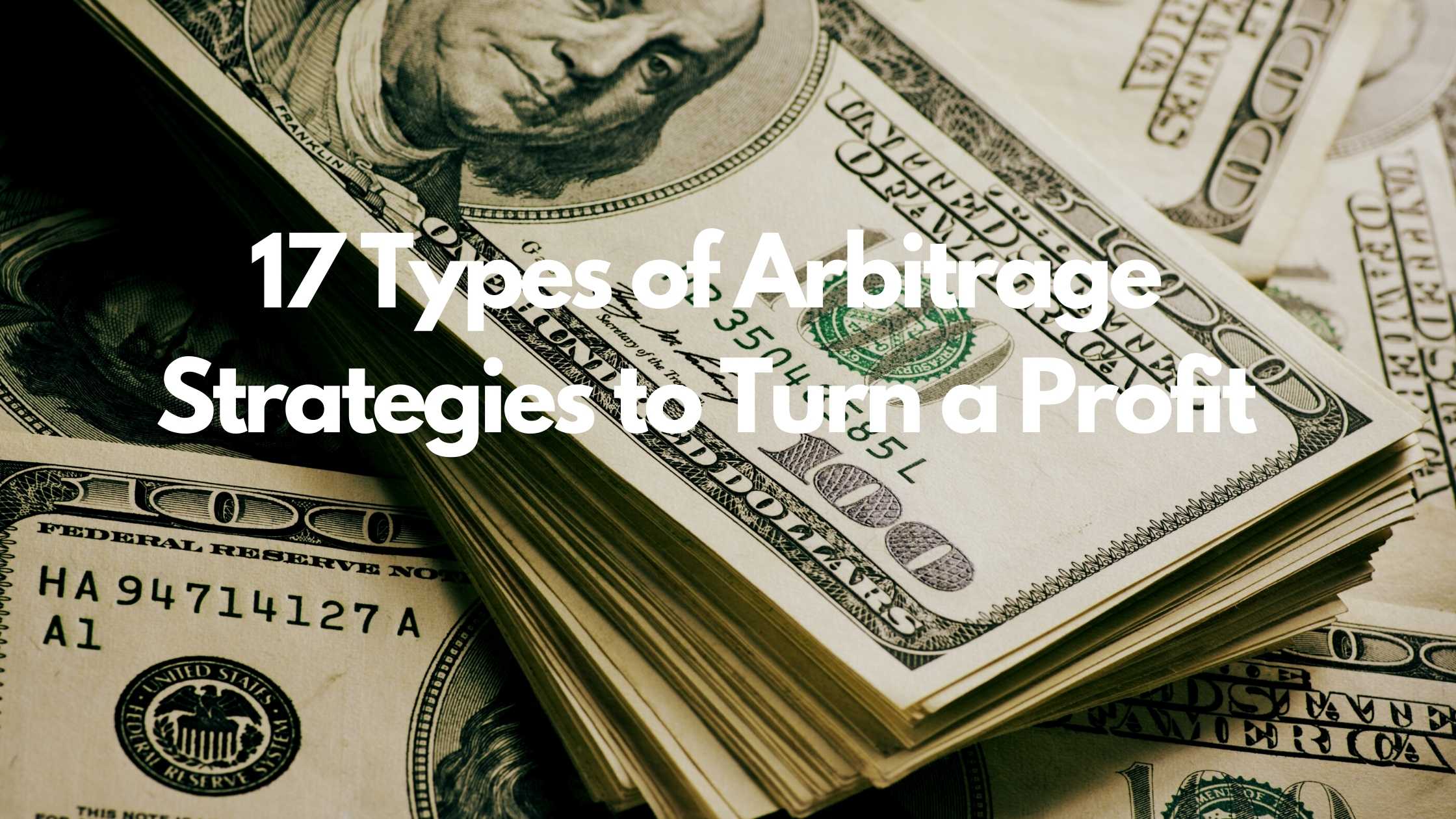
17 Types of Arbitrage Strategies to Turn a Profit
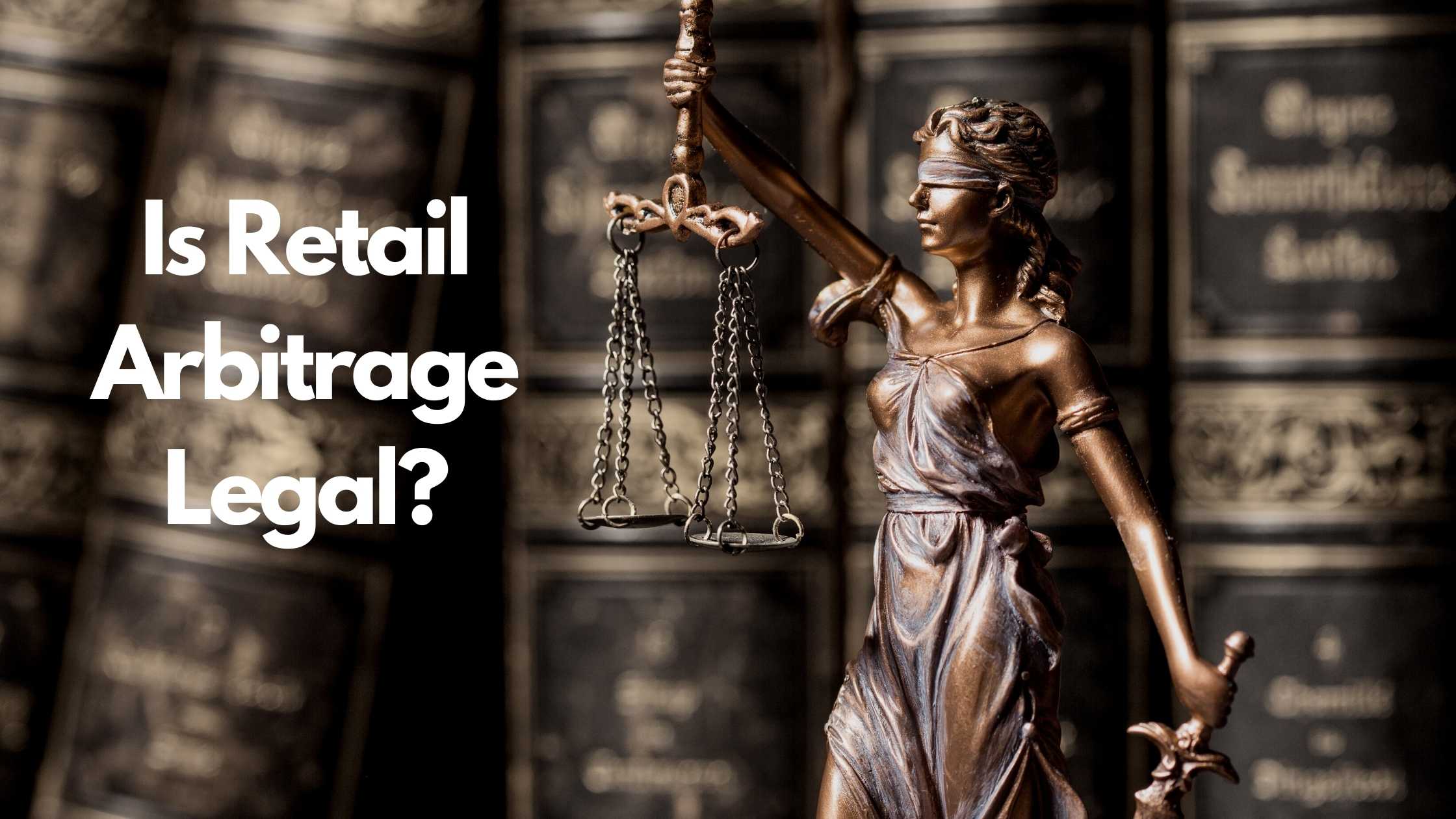
Is Retail Arbitrage Legal?

How to Turn Textbook Arbitrage into a Business for Profit

How Can You Tell if a Book is a First Edition?

What to Do With Your Jigsaw Puzzle When Finished?
